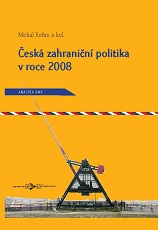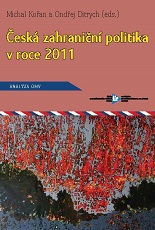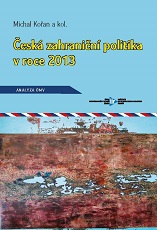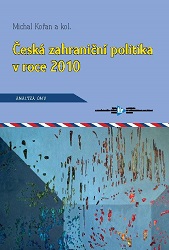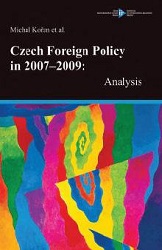
The United States of America in the Czech Foreign Policy
According to the Czech Ministry of Foreign Affairs’ annual assessment, the relations between Czech Republic and the U.S. have an outstanding and friendly character and ‘policies of both nations have a number of common elements in the area of security and in promotion of democracy and human rights’. While a useful point of departure, this diplomatic assessment relays little of the unprecedented dynamics relations between Prague and Washington have gained in the last few years. Increased activity in negotiating the inclusion of the Czech Republic into the U.S. Visa Waiver Program coupled with continuing international cooperation in the area of transition politics and promotion of human rights, the Czech Presidency in the EU Council (2009), and above all the issue of prospective deployment of a U.S. missile defense component (ground-based radar station) on the territory of Czech Republic meant that the relations have intensified and become ever more complex.
More...
